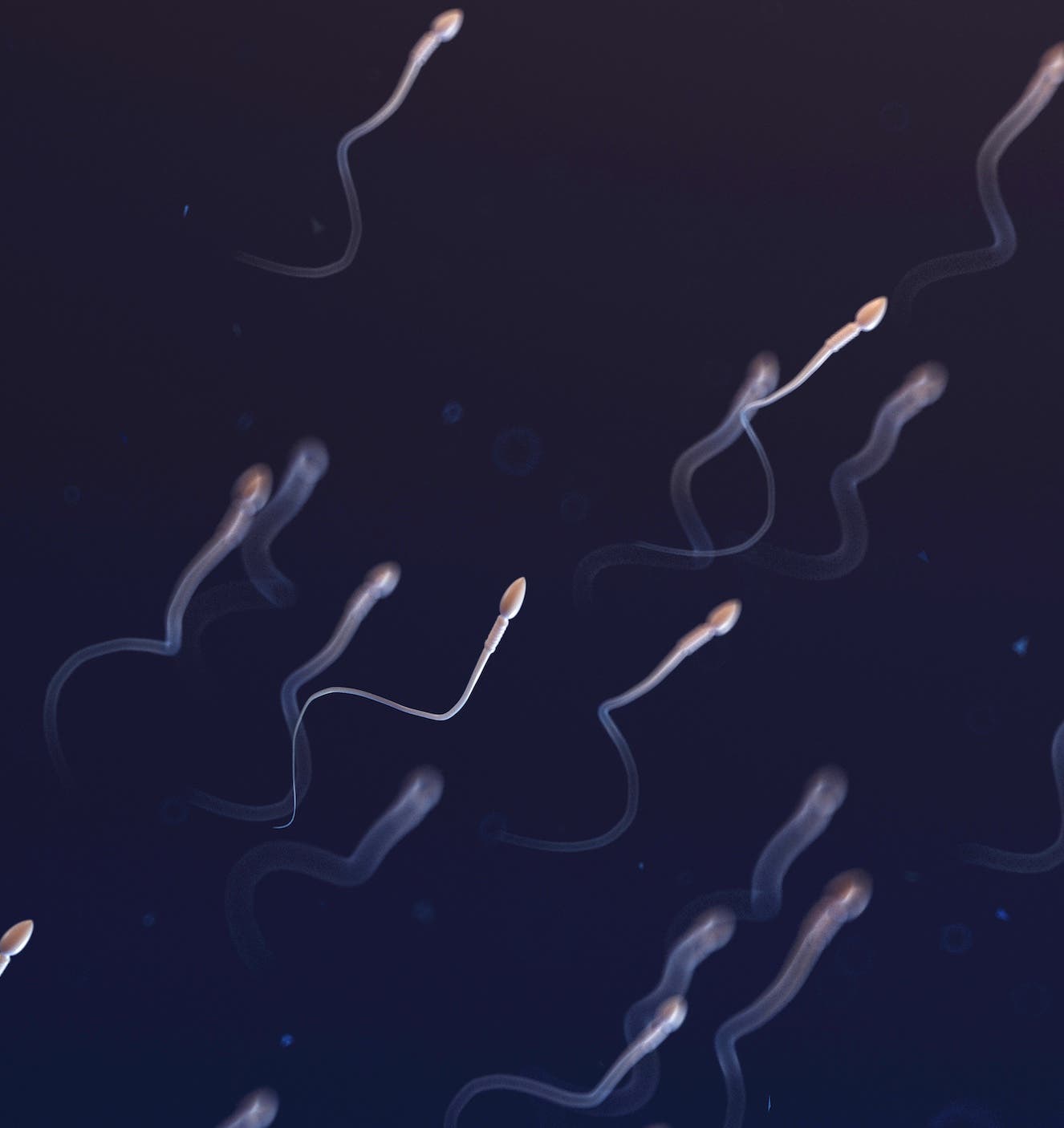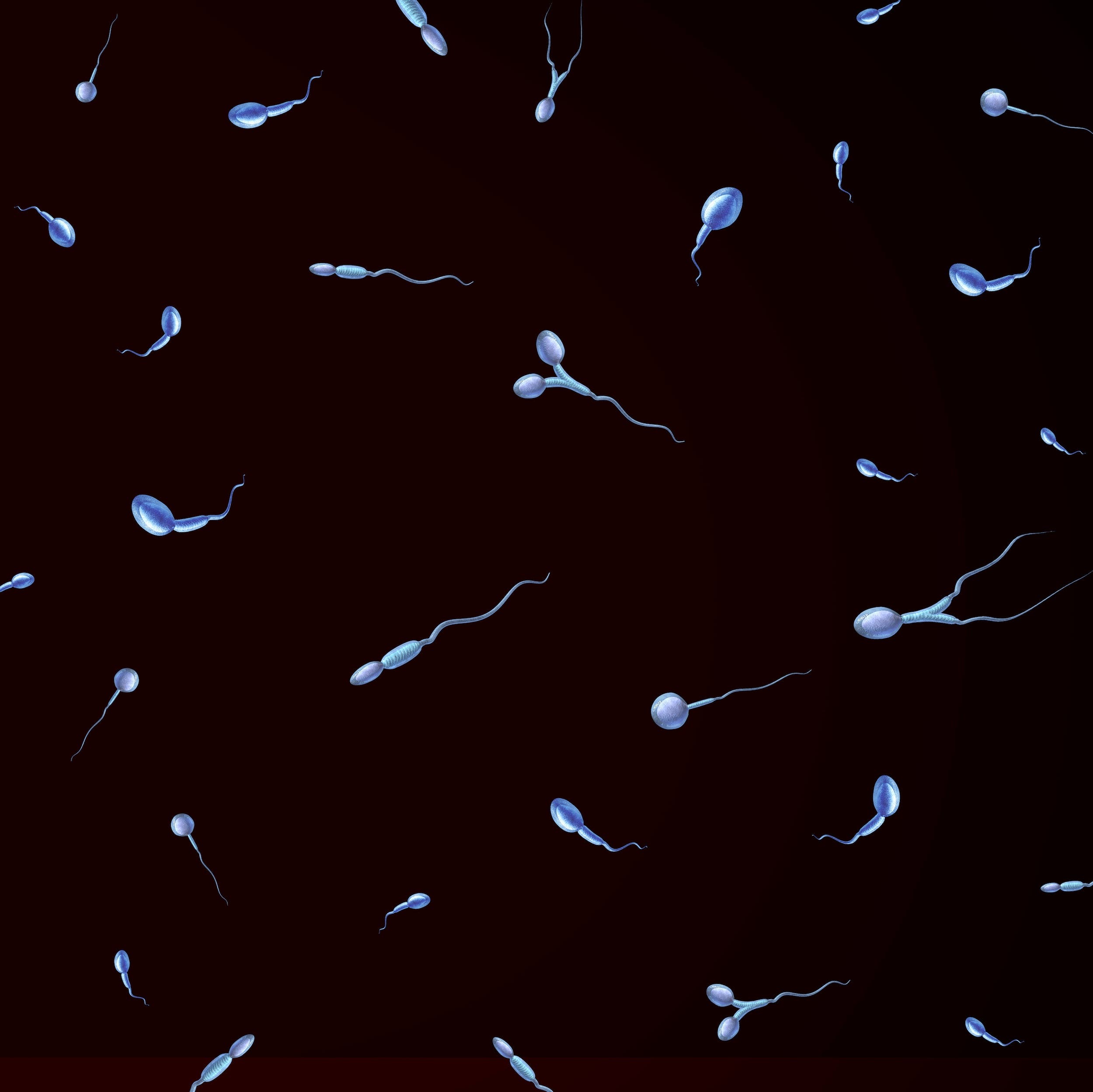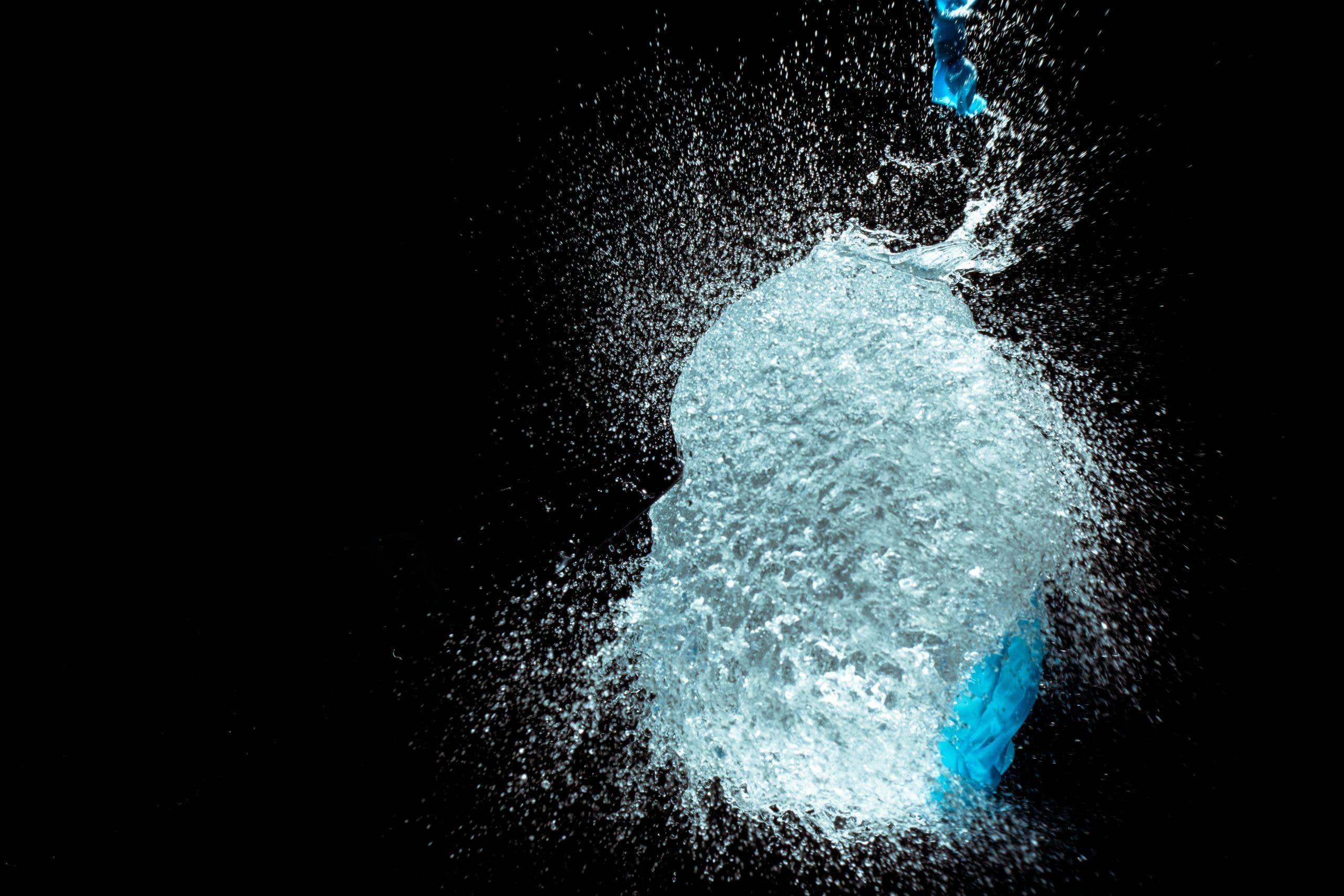Team USA’s hoops star has matured from a skinny rookie to NBA champ. But is Jayson Tatum’s daily routine a win for sperm health? We break it down how his lifestyle choices — from avoiding fried foods to prioritizing stress relief — could impact fertility.
Key takeaways
- Jayson Tatum recently banished fried foods from his menu and hired a chef to prep three meals a day, centering chicken and vegetables. Fried foods are detrimental to sperm health, so this is a win.
- Tatum refers to himself as “pretty laid back,” and listens to music to stay calm before a game. Reducing chronic stress may contribute to better sperm.
- Tatum’s snack-food sponsorship — Ruffles’ Flamin’ Hot BBQ chips — isn’t good news for brain, heart, or sperm health.
Jayson Tatum’s diet
In 2022, 24-year-old Tatum cut fried foods — like fried chicken and french fries — out of his diet after experiencing fatigue at the NBA playoffs.
“I talked to my trainer and was like, ‘I want to eat better, I want to change my diet,’” he said on an episode of In Depth With Graham Bensinger. “I’ve never been on a diet, I’ve always been able to eat what I want, but I’m just trying to find ways to give myself an edge. Eating more consistently, eating better, losing body fat, trying to gain muscle. Getting a chef and having him prepare three meals a day.”
✅ Good for sperm. Eating fried and processed foods, even just 1–3 times per week, is correlated with significantly decreased sperm concentration.1 So cutting those foods out can only be beneficial for fertility health.
Eating fried foods also increases your chances of overweight and obesity. Extra weight can reduce sperm quality by raising estrogen levels and scrotal temperature.
Learn more about body weight and sperm quality.
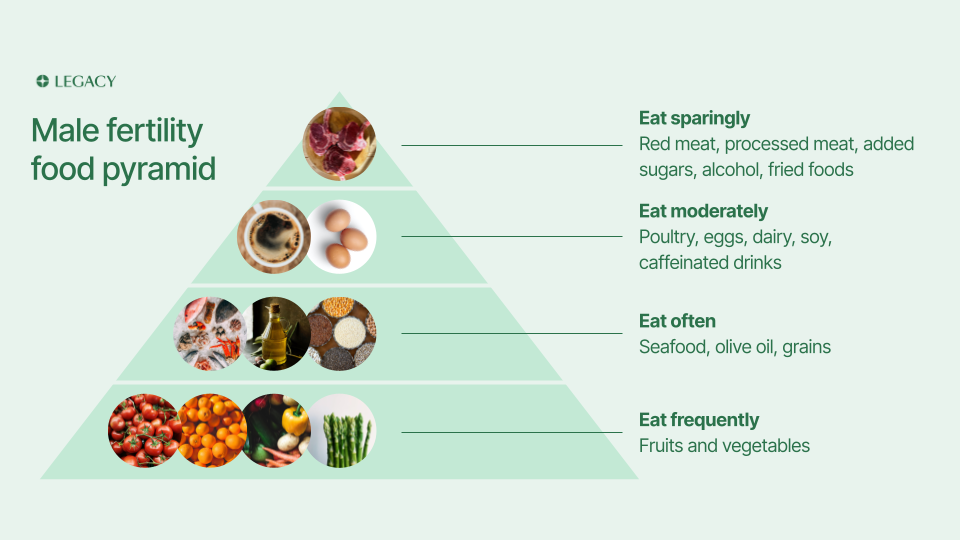
Jayson Tatum’s go-to pregame meal
Before hitting the court, Tatum’s typical meal is a chicken teriyaki bowl with vegetables and white rice, and a Gatorade, he told NBA All Access.
❗Not the best for sperm. Avoiding red meat — which has been correlated to low sperm concentration and total sperm count — is a good move.2 Chicken and vegetables are a win, assuming the chicken is grilled or air-fried instead of deep-frying, and served with a low-calorie sauce with little added sugar.
But white rice and Gatorade are dicey. Simple carbs and added sugars can raise blood sugar, cause oxidative stress, and damage sperm. Diets high in added sugars are associated with lower sperm counts and quality.3 Unsurprisingly, like fried foods, lots of sugar is also associated with increased body weight.
Even if a personal chef isn’t in your budget, you can prep your meals in advance. Meal prepping has been associated with maintaining a healthy weight, which again, is beneficial for sperm health.
Jayson Tatum’s workout routine
Jayson Tatum’s typical workout incorporates strength training, plyometric exercises to improve his explosiveness — including box jumps and jump squats — and shooting drills. He’s been known to deadlift 425 pounds.
❗Not the best for sperm. Consistent, moderate exercise, including strength training and plyometrics, is a great way to improve sperm health. But intense weightlifting has been correlated to lower sperm quality.4 The best physical activity for your sperm is actually the simplest — walking or jogging for 30–60 minutes a few times each week.
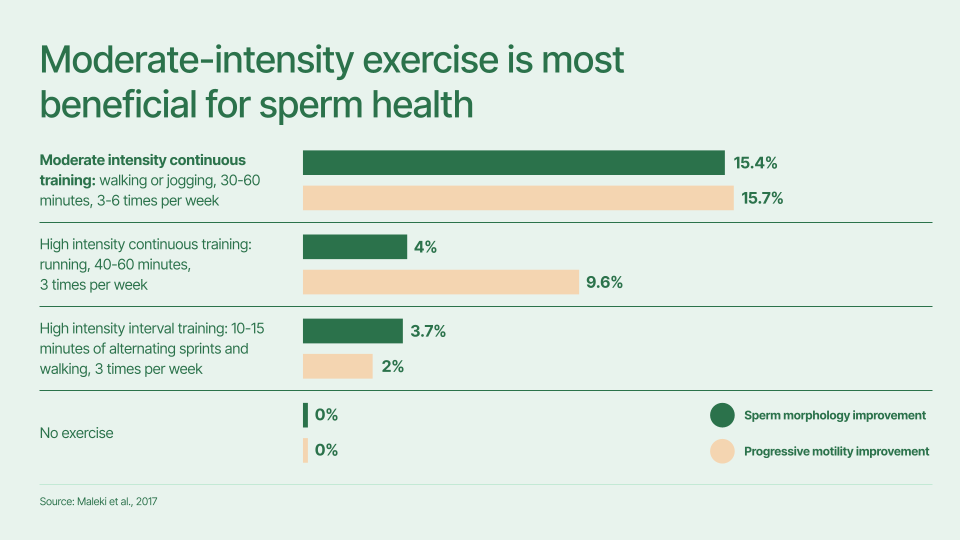
How Jayson Tatum relieves stress
Despite the pressure to perform, Tatum still seems able to keep stress at bay. “I’m pretty laid-back, so before the game—I don’t have any superstitions or things like that—I’m in my locker room chillin’, listening to music. I always listen to Drake, Lil Wayne is always one of my favorites, Jay-Z—I put it on shuffle,” he told The Coveteur.
✅ Good for sperm. Stress management is key for sperm health. One study found that men with high stress had 38% lower sperm concentration, 34% lower total sperm count, and 15% lower semen volume compared to men with intermediate stress.5
Learn more about stress and sperm health.
Jayson Tatum’s snack sponsorship
Tatum has lent his face to bags of Ruffles’ Flamin’ Hot BBQ chips. The company says the chips were developed with the hoops star and are meant to evoke the flavors of Tatum’s native St. Louis.
❌Bad for sperm. With 10 grams of fat and 170 mg of sodium in one serving of just 11 chips, these chips aren’t brain, heart, or sperm fuel. They’re an ultra-processed food, a category that has no good news for your health.
UPFs have been correlated to heart disease, reduced lifespan, and now unhealthy sperm. In a 2024 study published in the journal Human Reproduction Open, researchers found that higher ultraprocessed food consumption was associated with lower total sperm count, sperm concentration, and total motility in men of reproductive age.6
How does your sperm measure up?
If you care about your diet, gains in the gym, or overall fitness, testing and storing your sperm may be a good idea. Not only is sperm quality a biomarker for your overall health, some of the habits people consider “healthy” — see above — can actually lower your sperm quality. What’s more: For many men, making simple lifestyle changes can improve sperm quality within weeks.
See where you stand with a Legacy at-home test, and consider preserving your sperm at its peak.
References
- 1. Yang et al, “Lifestyles Associated With Human Semen Quality: Results From MARHCS Cohort Study in Chongqing, China.” 2015.
- 2. Cao et al, “The effect of healthy dietary patterns on male semen quality: a systematic review and meta-analysis.” 2022.
- 3. Meldgaard et al, “Consumption of Sugar-Sweetened or Artificially Sweetened Beverages and Semen Quality in Young Men: A Cross-Sectional Study.” 2022.
- 4. Ibañez-Perez et al, “Impact of physical activity on semen quality among men from infertile couples.” 2019.
- 5. Nordkap et al, “Psychological stress and testicular function: a cross-sectional study of 1,215 Danish men.” 2016.
- 6. Valle-Hita et al, “Ultra-processed food consumption and semen quality parameters in the Led-Fertyl study.” 2024.

